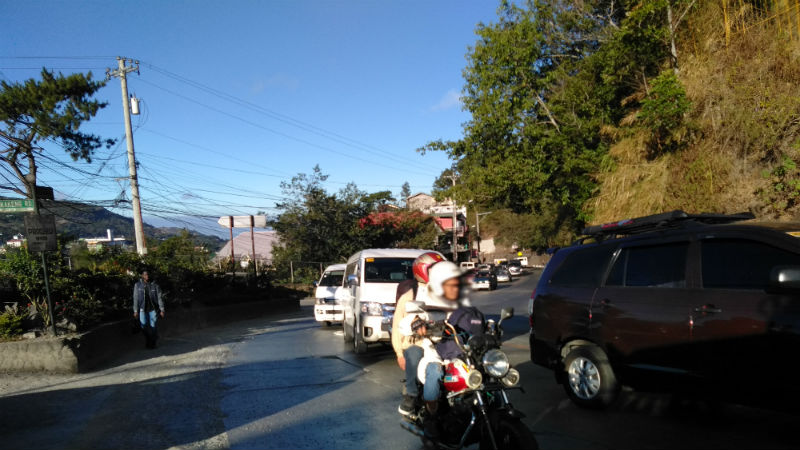BAGUIO CITY – Concerned government agencies and local governments formally launched the Inter-Agency Council on Traffic (I-ACT) in the Cordillera to beef up the government’s aggressive campaign for a secure, convenient and safe travel among motorists regionwide.
The I-ACT Cordillera is composed of authorized representatives from the Department of Transportation (DOTR), Land Transportation Office (LTO), Department of Environment and Natural Resources (DENR), Environmental Management Bureau (EMB), Department of Public Works and Highways (DPWH), Highway Patrol Group (HPG), Baguio City Police Office (BCPO), Police Regional Office – Cordillera, Philippine Coast Guard, various local governments and other law enforcement agencies involved in the apprehension of violators of road safety rules and regulations crafted for the purpose.
Transportation Assistant Secretary Manuel Gonzales led the launching of the I-ACT in the Cordillera which is one of the established councils outside Metro Manila, Cebu and Davao.
He pointed out that the existence of the I-ACT is pursuant to the mandate of President Rodrigo R. Duterte for concerned government agencies and local government to closely work together in addressing monstrous traffic congestions in urban centers that tend to have a serious negative impact to economic growth, thus, the need for the provision of appropriate interventions to mitigate traffic in various parts of the country.
DOTR-LTO-CAR regional director Francis Ray Almora said that the operations of the council will be jointly conducted so that pertinent violations of the transport sector will be addressed in a single period to avoid the unnecessary delays to be caused by such operation to the motorists.
Among the rules and regulations that will be enforced by the council members include the pertinent provisions of Republic Act (RA) 4136 or the Land Transportation Law, anti-overloading, Philippine clean Air Act and anti-smoke belching and other related laws, rules and regulations.
He said that the operation of the council will be done in close coordination with the concerned local governments, especially in urban centers which will be the priority areas where such operations will be done, while the local governments will be in charge of implementing the traffic rules and regulations and the clearing of the same in cases of local roads considering that the council covers national roads only.
Almora expressed his gratitude to the representatives of the concerned government agencies and law enforcement agencies for their commitment in participating in the efforts of the council for a secure, convenient and safe travel among motorists to prevent the occurrence of untoward incidents that will compromise the safety of life and limb and to ensure the safety of roads in its areas of jurisdiction.
He said that there is still hope that traffic in urban centers in the region will drastically improve once the council will start its unannounced and unscheduled operations to ensure that traffic violators or the factors that contribute in congestions will be eventually removed from national and local roads with the cooperation of the public.
By Dexter A. See
Photo by: Armando M. Bolislis













